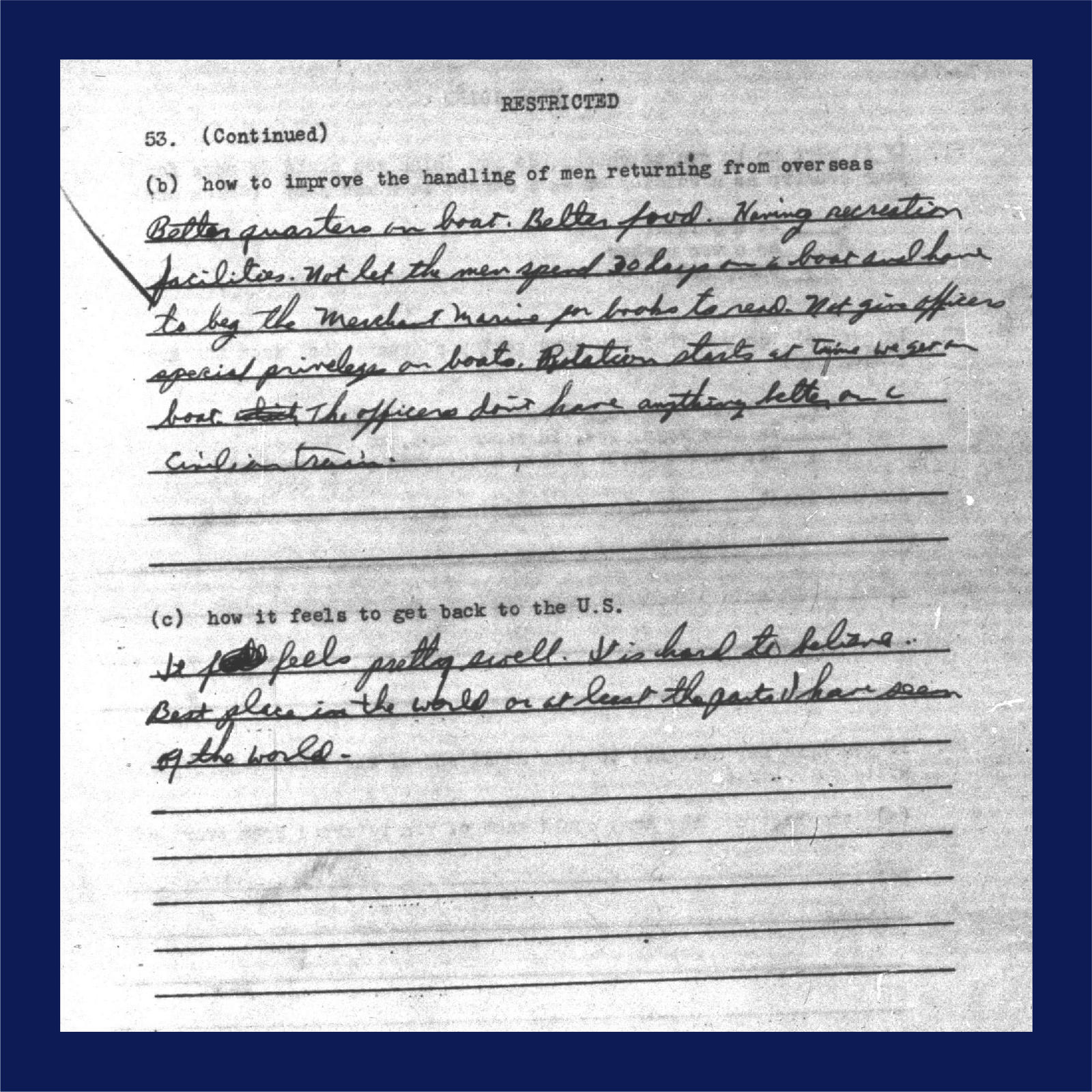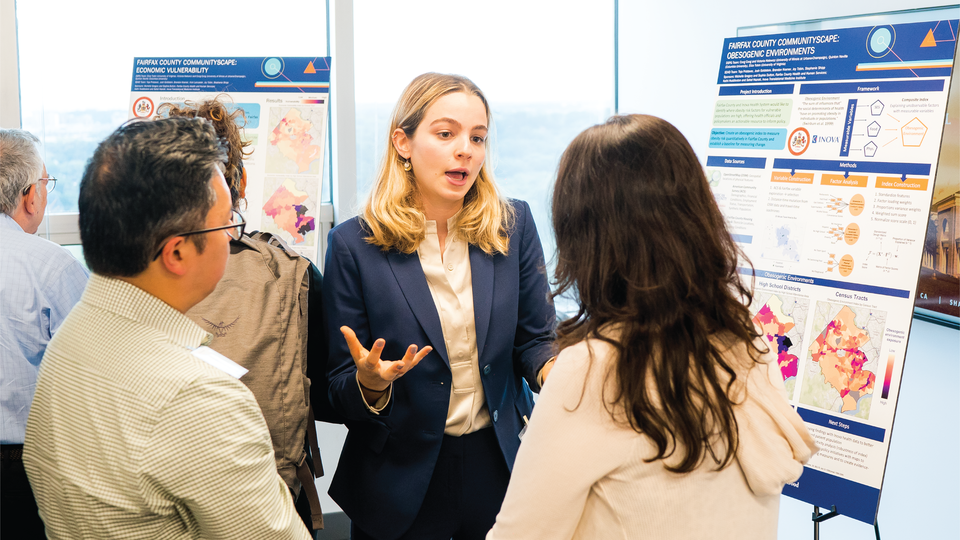Bio
Dr. Schroeder's overarching research focus is the enablement of Evidence-Based Policy-Making and Program Evaluation through the Secure Liberation, Integration and Analysis of Administrative Data.
Dr. Schroeder has extensive experience in the technologies and related policies of information/data integration and systems analysis, policy and program development and implementation, quantitative and qualitative methodologies of evaluation, and the general application of data and web technologies to the enhancement of public and private sector services.
A particular focus of Dr. Schroeder's research has been on the integration and analysis of education, health, social service and non-profit administrative data streams for the purpose of conducting policy analyses and program evaluations impacting a wide range of constituents, including: pre-K child social and health service recipients; child care service operators; primary, secondary, post-secondary and adult education service recipients; state workforce training service recipients; and, U.S. veteran health and social service recipients.
-
Since beginning his research career at Virginia Tech, Dr. Schroeder has served as Principal Investigator on over $10M of research with funding provided from the federal government (National Science Foundation, U.S. Department of Health and Human Services, U.S. Department of Education, U.S. Department of Transportation), state government (Virginia Department of Social Services, Virginia Department of Education, Virginia State Police, Virginia Department of Emergency Services, Virginia Department of Transportation, Virginia Department of Veteran Services), foundations (Generations United (GU), MET Life Foundation, Virginia Early Childhood Foundation), and the private sector (Shenandoah Telecommunications Corporation).
-
High-profile information integration projects include:
- the USED-funded Virginia Statewide Longitudinal Data System
- the USHHS-funded Project Child HANDS
- the USDOT-funded design, development, deployment, and evaluation of the first statewide travel information system, Virginia 511
-
- Data Repurposing
- Record Linkage/Entity Resolution
- Organization Theory
- Policy Analytics
- Research Design
- Quantitative & Qualitative Data Analysis
- Information Policy
- Privacy Law
- Policy & Implementation Network Analysis
- Information Management
- Information Integration
- Data Management
- Big Data
- Web-Enabled Public Services
-
(2013) Winner, Cross-Boundary Collaboration on IT Initiatives, Government Technology's annual Commonwealth of Virginia’s Innovative Technology Symposium (COVITS 2013). Awarded for creation of the Virginia Longitudinal Data System (VLDS), a multi-agency data integration system for Virginia.
(2010) Invited participant to the Virginia Governor's Early Childhood Advisory Council (ECAC) on Cross-Agency Data Integration.
(2009) Invited expert on methods of public-sector data integration and issues created by federal and state privacy laws for a workshop on Research Use of State Longitudinal Data Systems sponsored by the National Institute of Statistical Sciences (NISS) , the National Center for Education Statistics (NCES), and the Institute of Education Sciences (IES).
(1999) Nominated by the Association of State Governments for Award in Innovation in State Government for the design, development and deployment of Travel Shenandoah, a public-private partnership for Advanced Traveler Information Systems in Virginia’s Shenandoah Valley.
(1999) Appointed Member of Congressional Commission on I-81 Truck Safety.
-
Ph.D. in Public Policy & Administration, Virginia Tech University
M.P.A. in Public Administration, James Madison University
B.A. in Psychology, University of Delaware
-
Co-director of the DSPG Young Scholars Program.
The institute is researching the challenges of food insecurity, equity, climate change and lack of affordable housing in the region.

Washington, DC, metro-area stakeholders will soon have a new tool at their fingertips to inform equitable and sustainable growth, a critical issue for a region where more than 5.5 million people now live and strong growth is expected over the next 25 years. The unique data platform will emerge from the University of Virginia Biocomplexity Institute’s launch of a Social Impact Data Commons, an open curated knowledge repository that will co-locate data from various sources, including public datasets, administrative records, and private sources focused on the region.
Over the last five summers, students from across the country have come together at the Biocomplexity Institute’s Arlington, Va. location for the Data Science for the Public Good (DSPG) Young Scholars program – an 11-week immersive research program through which students gain world-class, hands-on professional experience combining data science and public service. This year, as the world continues to evolve due to the COVID-19 pandemic, the program has followed suit, adopting an entirely virtual format for the first time.
Today’s data revolution is not just about big data, it is about data of all sizes and types.










